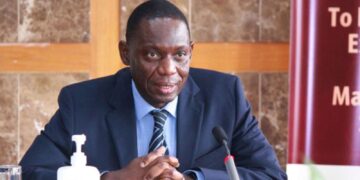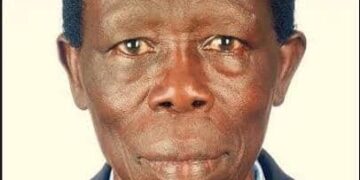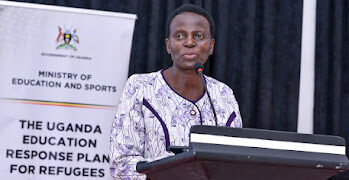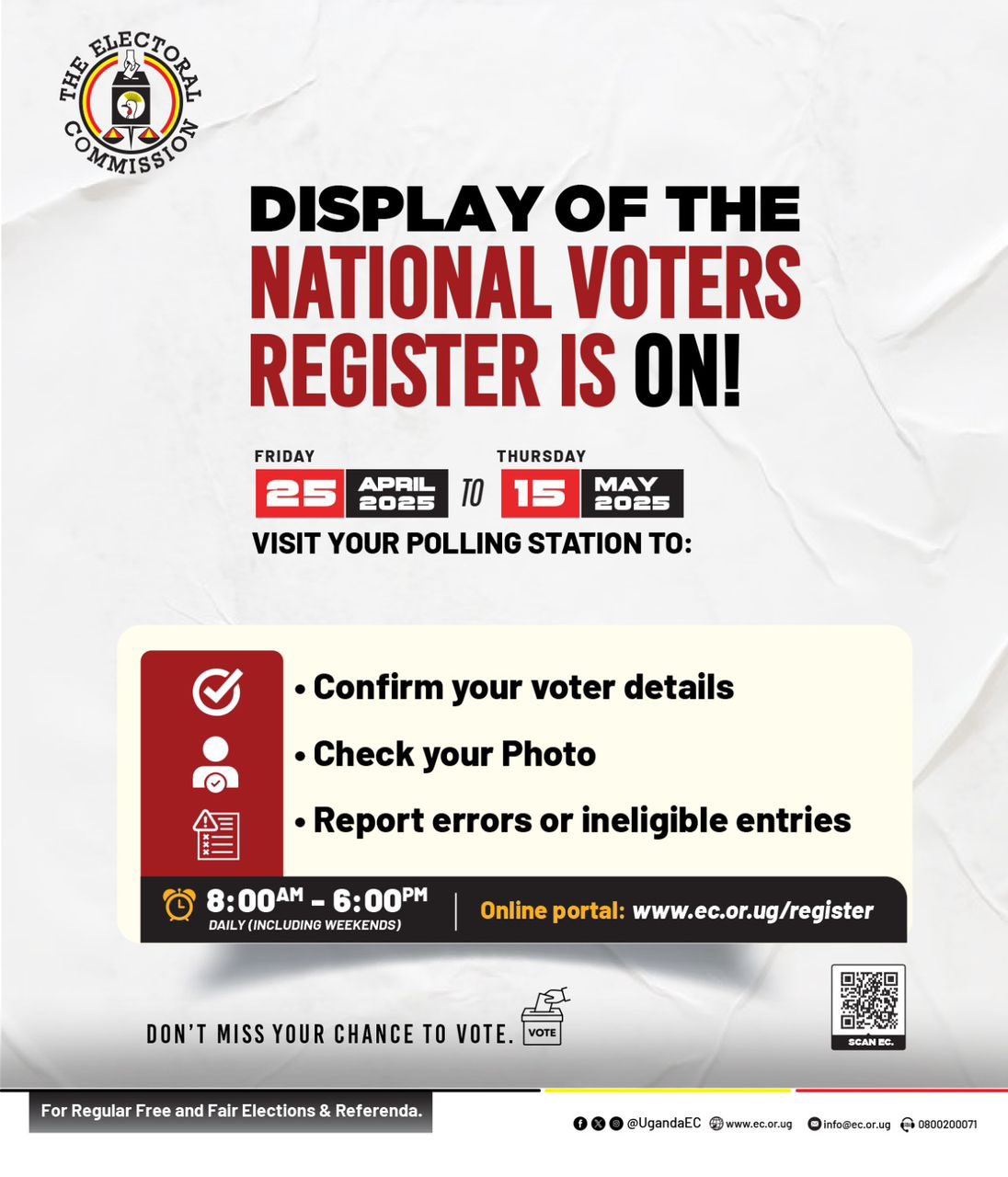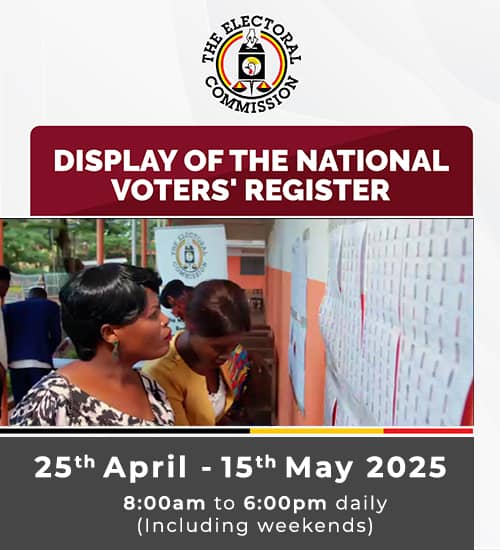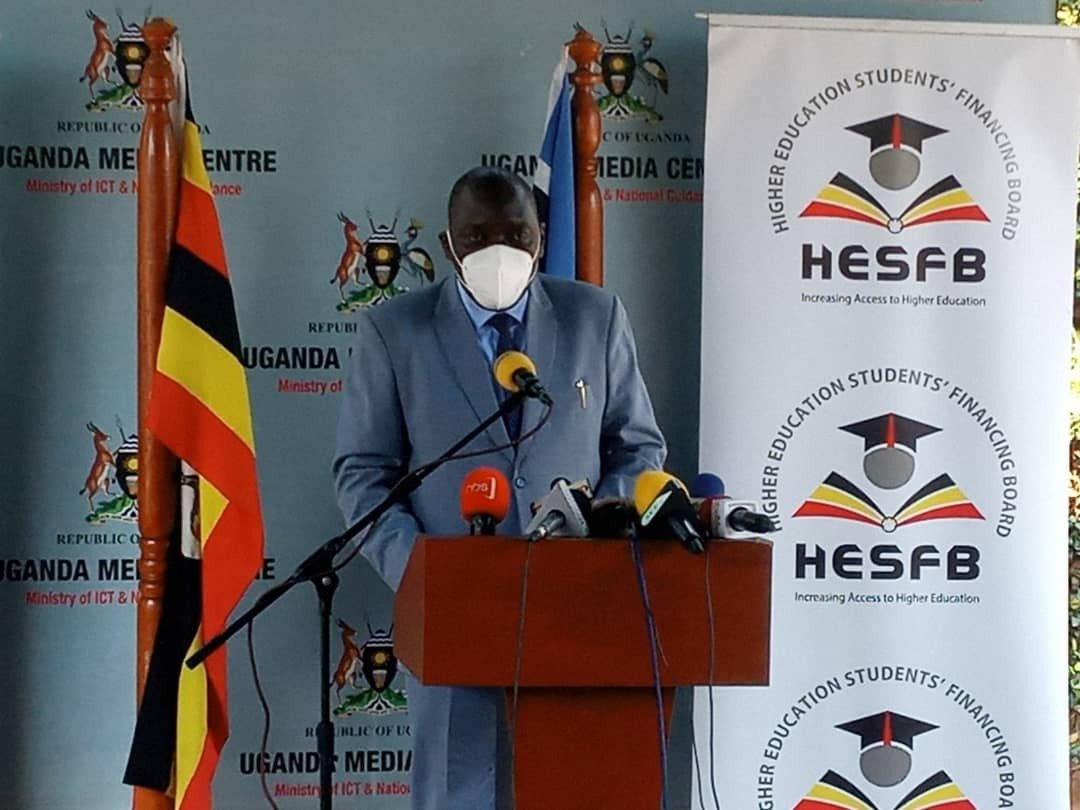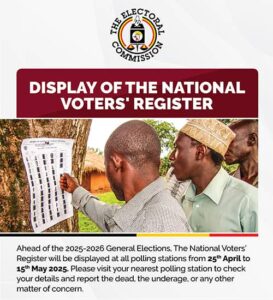Bulk short messaging services (SMS) and bulk voice calling services have been suspended in Tanzania ahead of general elections due on Wednesday October, 28 2020.
In a directive sent to Viettel Tanzania PLC, a state mobile communications company providing voice messaging and data services, the Tanzania Communications Regulatory Authority suspended bulk short messaging services and bulk voice calling services with effect from 24th October to 11th November 2020 citing the impact the services might have on the elections.
“Considering the adverse impact that abuse of bulk short messaging services (SMS) or bulk voice calling services might have on the forthcoming general election, and in accordance with Rule 3 of the second schedule of the Tanzania Communications Regulatory Authority Act of the laws of Tanzania, the authority hereby directs you to temporarily suspend offering of bulk short messaging and bulk calling services from 24th October 2020 to 11th November 2020” the statement reads.
The directive according to the letter, falls in the authority’s mandate in pursuit of it’s regulatory function conferred to it under section 5 and 6 of Tanzania Communication Regulation Authority Act 2003 in the duty to ensure safe and secure electronic and postal communication services.
The suspension however does not affect bulk messaging and bulk calling services for public safety, utility services, e-government services or mobile financial service notifications.
Tanzanians are headed for an uneasy election after the incumbent John Pombe Magufuli banned local groups from monitoring the vote, harassed the opposition and journalists, closed a newspaper for its “unfavorable” coverage and banned a television station for daring to contradict his risible claim that there is no covid-19 in Tanzania.
A principal target of harassment is Tundu Lissu, the main opposition candidate, recently back from self-imposed exile in Belgium. He took refuge there after being shot several times in 2017 outside his home in Dodoma, the capital.
Despite needing crutches to walk and with a bullet still lodged near his spine, he has campaigned vigorously, drawing thousands of people to his rallies to hear him promise to restore democracy and boost business.
The electoral commission, which is also seen as biased after the Court of Appeals ruled last year that Mr Magufuli, nicknamed “the bulldozer”, was allowed to stack it with party hacks. The commission has done little since then to suggest it is impartial. In early October it banned Mr Lissu from campaigning for a week, after he complained that the election was unfair. Electoral officials also imposed a five-day ban on Seif Sharif Hamad, an opposition leader in Zanzibar, a semi-autonomous archipelago, on similarly flimsy pretexts.
The government has also introduced various rules to stop the opposition from campaigning. Even sticking up posters is complicated, since the government put a new tax on promotional materials, making it expensive to distribute posters and flyers. Mr Lissu has decided to do without them.
“Tanzania has weaponised the law to the point that no one really knows when they are on the right or wrong side of it,” said Amnesty International. Seven opposition members were arrested for “ridiculing the national anthem” because they sang it while hoisting their party flag.
















